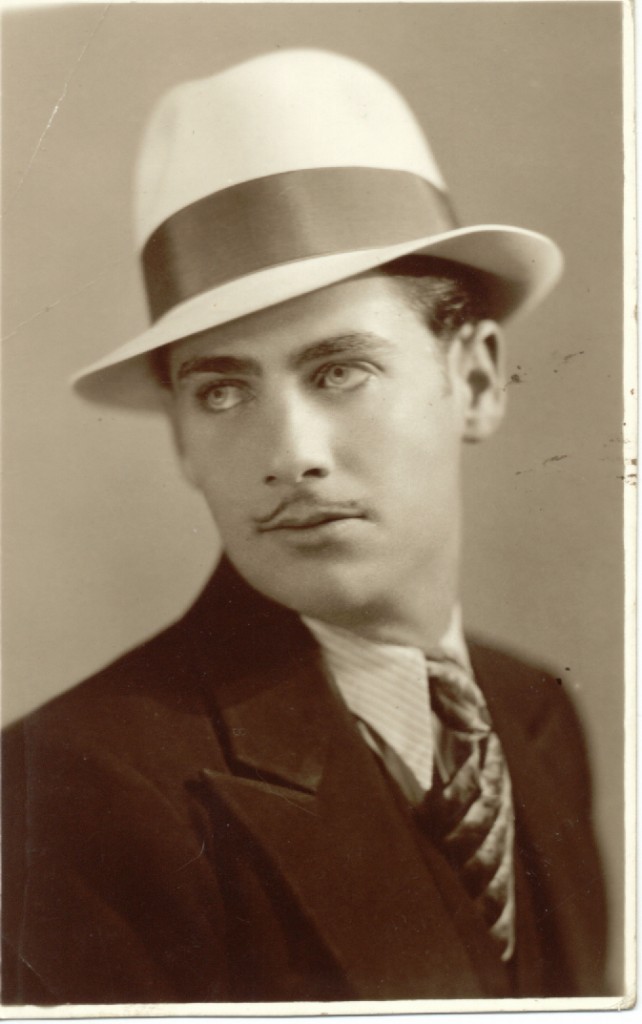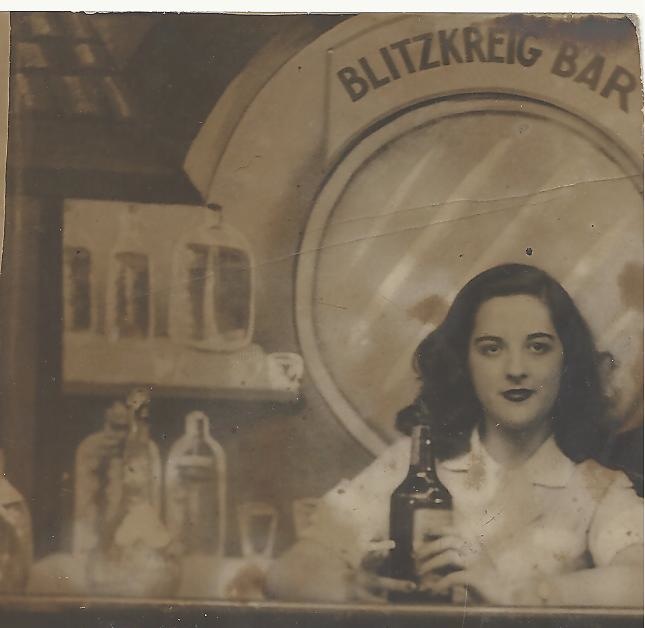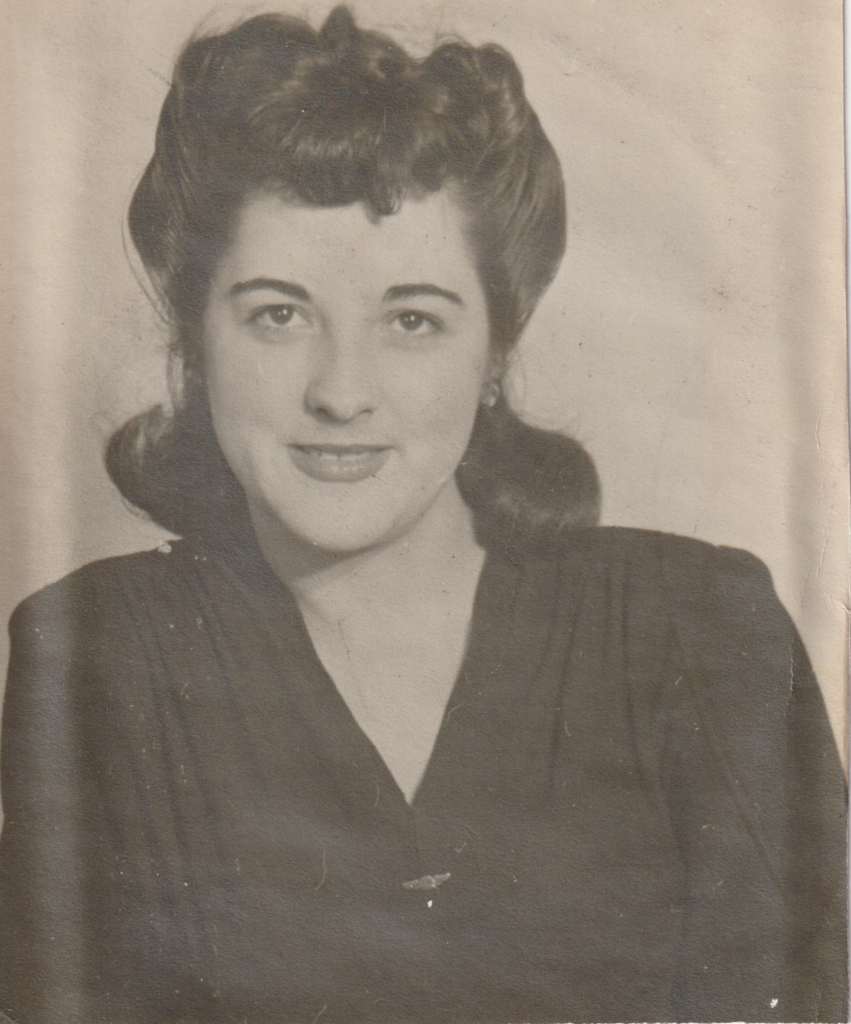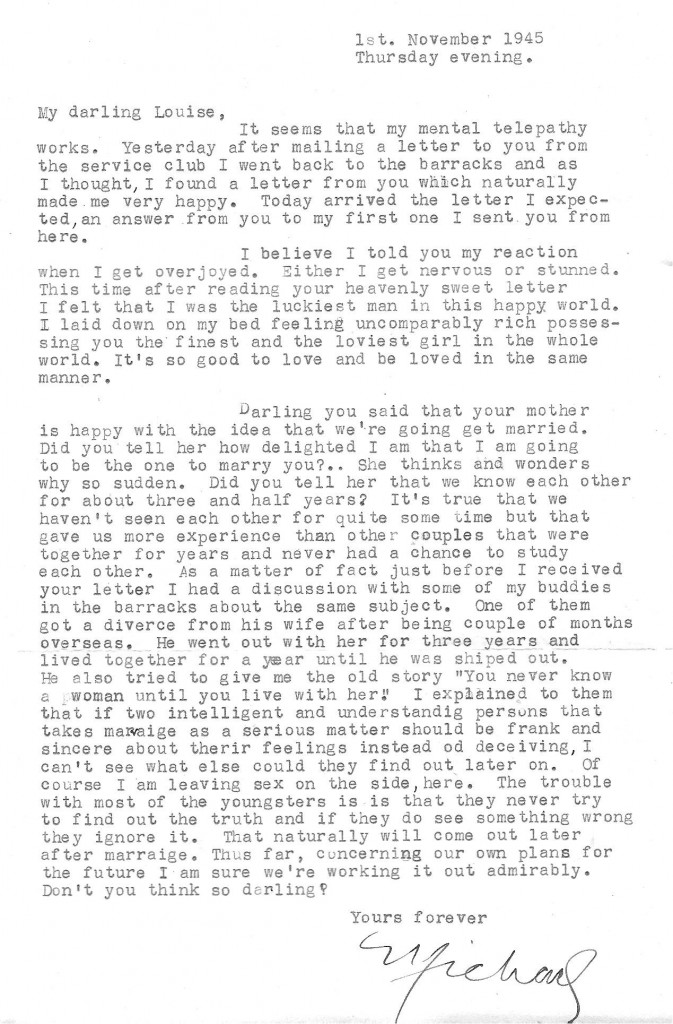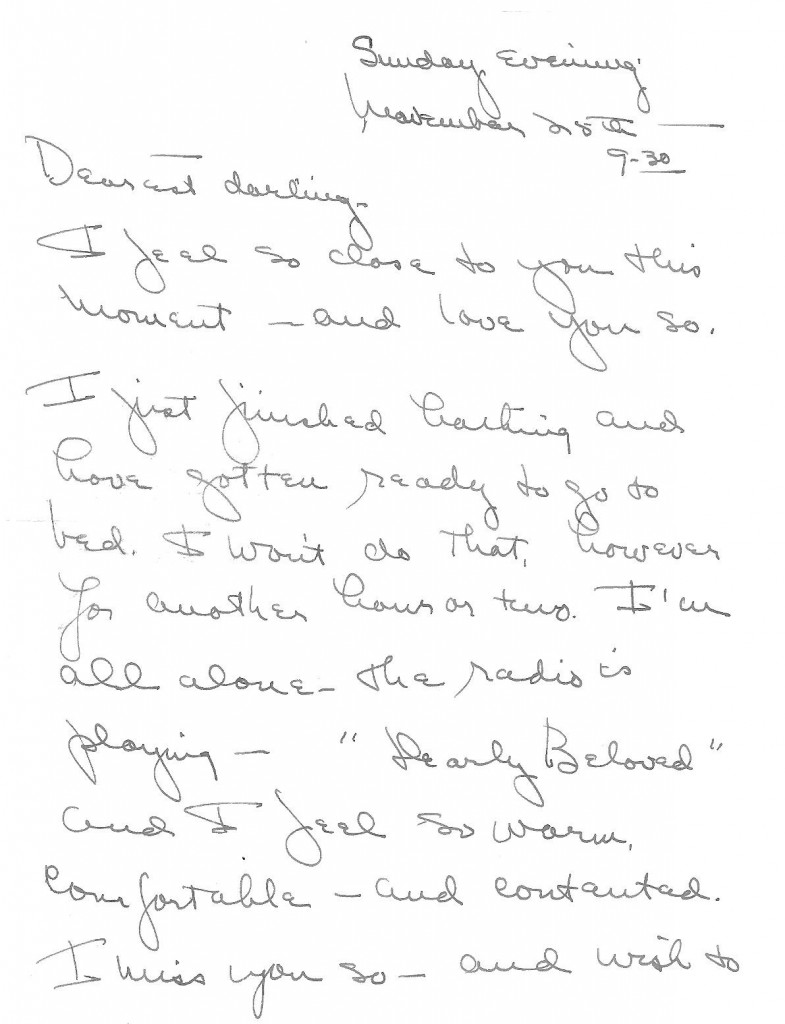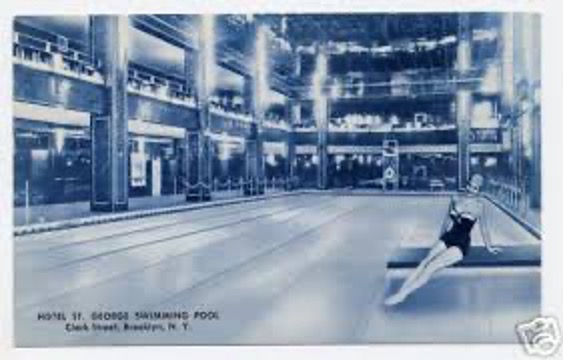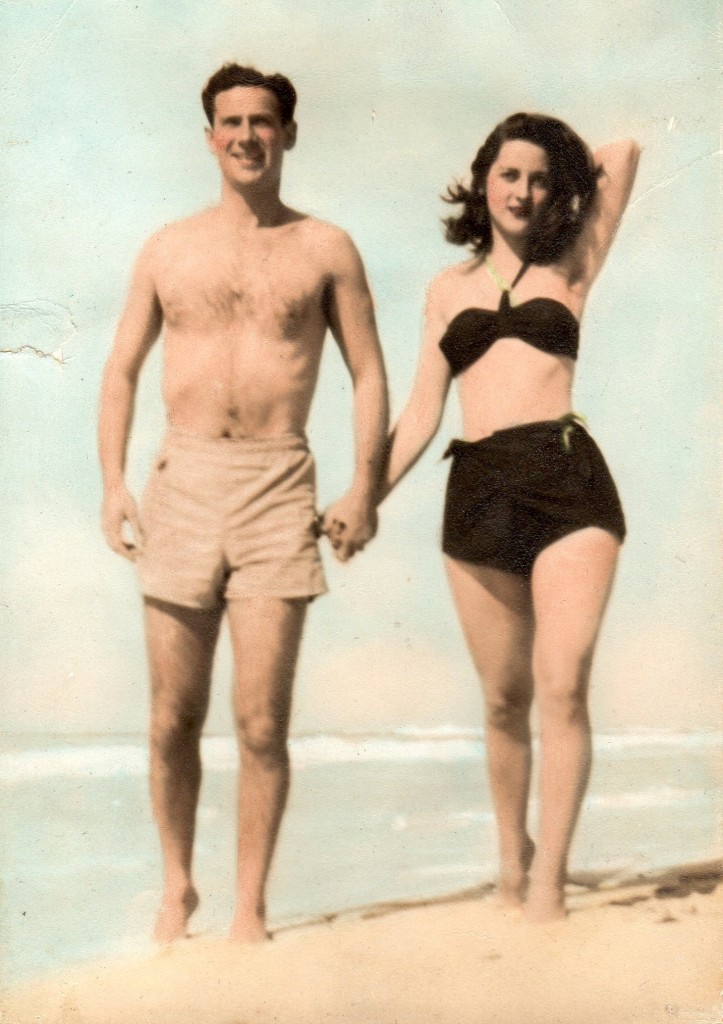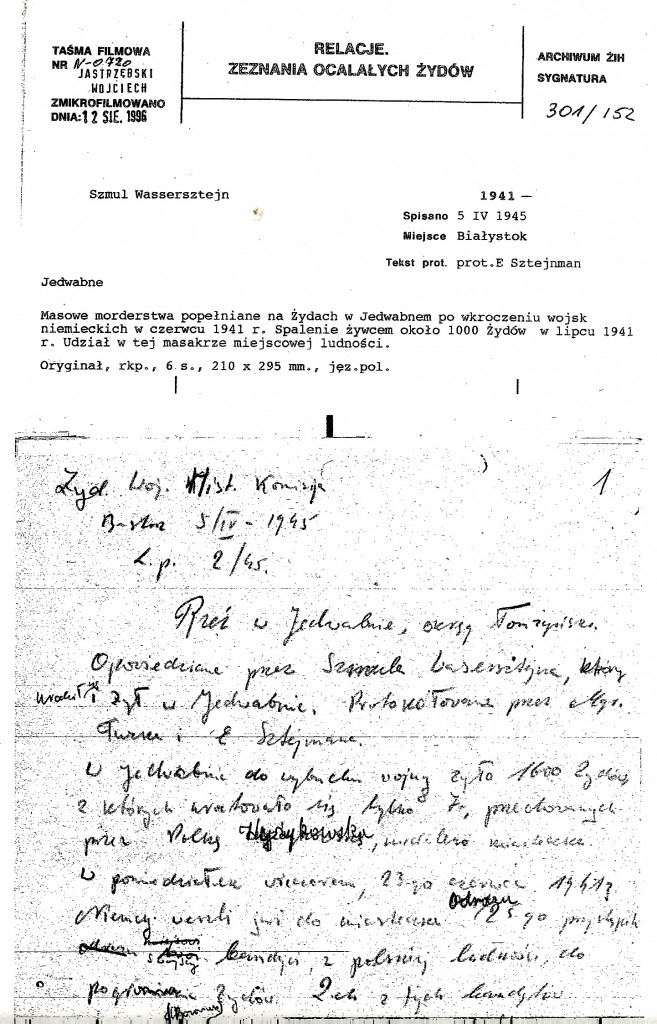She remembered meeting Miguel. It was 1942, and he was from Cuba. She thought he had gorgeous blue eyes. The couple had an evening date, and went to the Havana–Madrid nightclub for dinner. Louise was eighteen and Miguel was twenty-nine. He ordered cocktails and bought her a pack of Luckies from the cigarette girl. The live show of Latin music, and his smooth, controlled dancing seemed so sophisticated.
Chapter 07
Chapter 7 – 2: “On Untamed Women and Hyper-Sexed, Trickster-Gypsies”
I hear in my father’s words his belief in the hegemonic ideology of white masculinity. No matter how charming he could be on some occasions, my father was also closed-minded, hypocritical, and bigoted, especially when it came to men, women, sex, race and ethnicity.
MW = Michael Waterston, AW = Alisse Waterston, author.
Chapter 7 – 5: “Michael’s Letter to Louise”
The red Saks Fifth Avenue 9 x 12 gift box, about two inches thick, overflows with letters wrapped with rubber bands in bunches. One grouping is from the fall of 1945, the sheets of stationary pretty sturdy considering their age. There are envelopes too. Some had 3-cent stamps with a white eagle on a lavender background, its wings forming the shape of a “V,” a victory insignia across its front with the words, “win the war,” and the bird surrounded by 13 stars.
Chapter 7 – 6: “Louise’s Letter to Michael”
In this letter, she references the song Dearly Beloved. In another letter, Louise references I’ll See You In My Dreams, “an old song that’s very sweet.” Was she thinking of the Marion Harris version from 1924?
Chapter 7 – 9: “Shmulke Waserstein”
Shmulke (Szmul Wasersztajn) gave testimony before the Jewish Historical Commission in 1945. This testimony became the basis of Jan Gross’s book Neighbors: The Destruction of the Jewish Community in Jedwabne, Poland, a slim volume packed with a huge charge. Gross dedicates Neighbors “to the memory of Szmul Wasersztajn.” Shmulke is co-author of the memoir La Denuncia. 10 de Julio de 1941
